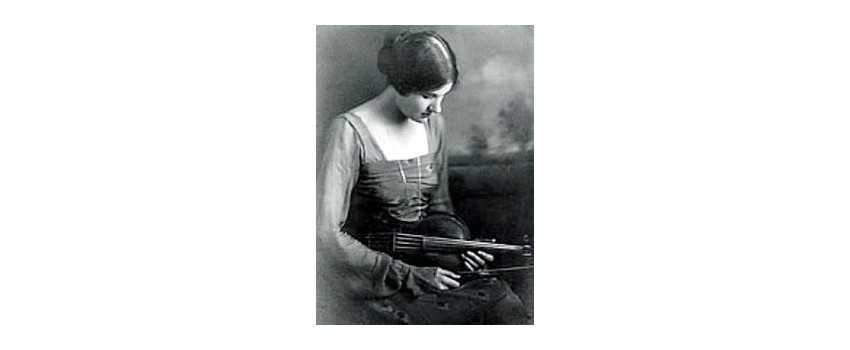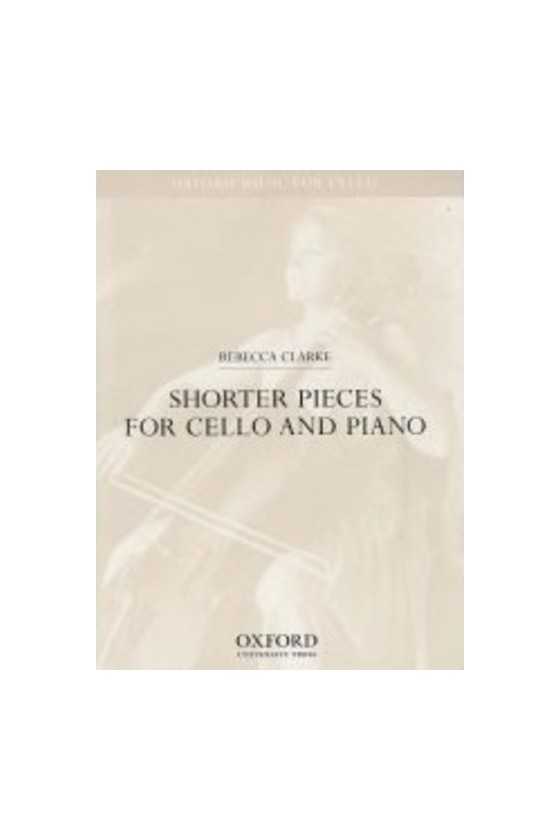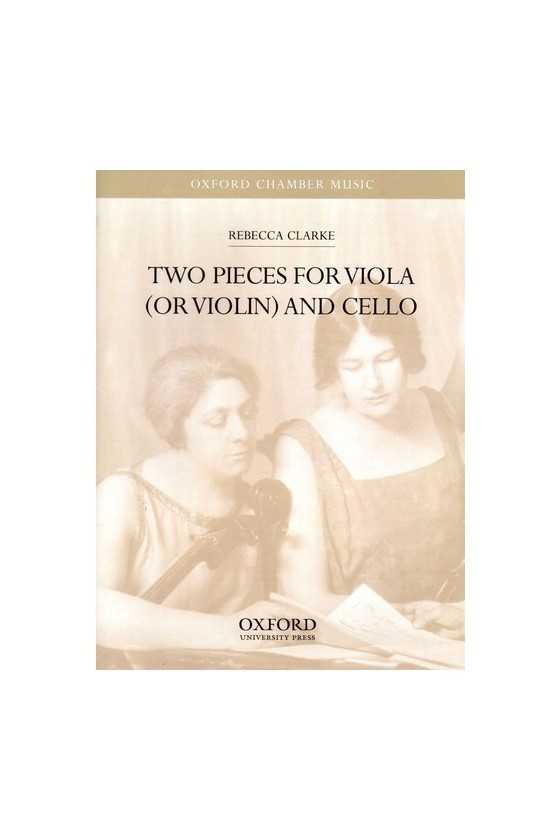Clarke, Rebecca
Rebecca Helferich Clarke was a groundbreaking musician and composer who the classical music world has unjustly overlooked. Born in Harrow, England, in 1886, Clarke showed an early aptitude for music, studying viola and composition at the Royal Academy of Music in London. Despite facing discrimination and challenges as a female composer in a male-dominated field, she persevered and created a body of beautiful and innovative work with a unique style that combines Romanticism and modernism.
Early Life and Education
Rebecca Clarke was born in Harrow, England, in 1886. Her father was an American who had moved to England, and her mother was German. At a young age, Clarke became interested in music and began studying the viola. She studied at the Royal Academy of Music in London, where she excelled in viola performance and composition. Clarke's pieces were met with initial skepticism from her male peers, who believed that women were not capable of creating serious music. Despite this, she continued to compose, and her skill and talent eventually won out.
Clarke's Notable Compositions
Its haunting beauty and innovative style characterize Clarke's body of work. Her most famous composition is her Viola Sonata, widely regarded as one of the greatest works for the viola in the entire classical repertoire. The sonata is lyrical and technically demanding, showcasing Clarke's ability to create emotionally resonant and technically impressive music. Clarke's choral works are also notable, notably the acapella setting of "Ave Maria," which has been performed by choirs worldwide.
Clarke's Impact on Women in Music
Clarke's career as a composer came when women were not widely accepted in classical music. Yet, despite her challenges, she continued to create beautiful and innovative music that paved the way for future generations of female composers. Clarke's success as a composer also helped to break down gender barriers in the performance world, inspiring young female musicians to pursue their dreams and make their mark in the industry.
Legacy and Recognition
Clarke's work has been largely overlooked and forgotten despite her significant contributions to the classical music world. However, there has been a renewed interest in her music in recent years, and her compositions have been performed and recorded by a new generation of musicians. Clarke's legacy as a composer and musician inspires and captivates audiences worldwide.
Uncovering Clarke's Lesser-known Works
While Clarke's Viola Sonata is undoubtedly her most famous composition, she wrote many other pieces equally deserving attention. One of her lesser-known works is her Piano Trio, a beautiful and complex piece showcasing Clarke's skill as a composer. Its lush harmonies and intricate counterpoint characterize the trio and testify to Clarke's ability to create emotionally resonant and technically impressive music.
Conclusion
Rebecca Helferich Clarke was a pioneering musician and composer whose contributions to classical music have been unjustly overlooked. Despite facing discrimination and challenges as a female composer in a male-dominated industry, Clarke persevered and created a body of beautiful and innovative work. From her hauntingly beautiful Viola Sonata to her stirring choral works, Clarke's music inspires and captivates audiences worldwide. As we uncover more of Clarke's hidden gems, we can only hope that her legacy as a composer and musician will continue to inspire future generations of musicians and composers.



